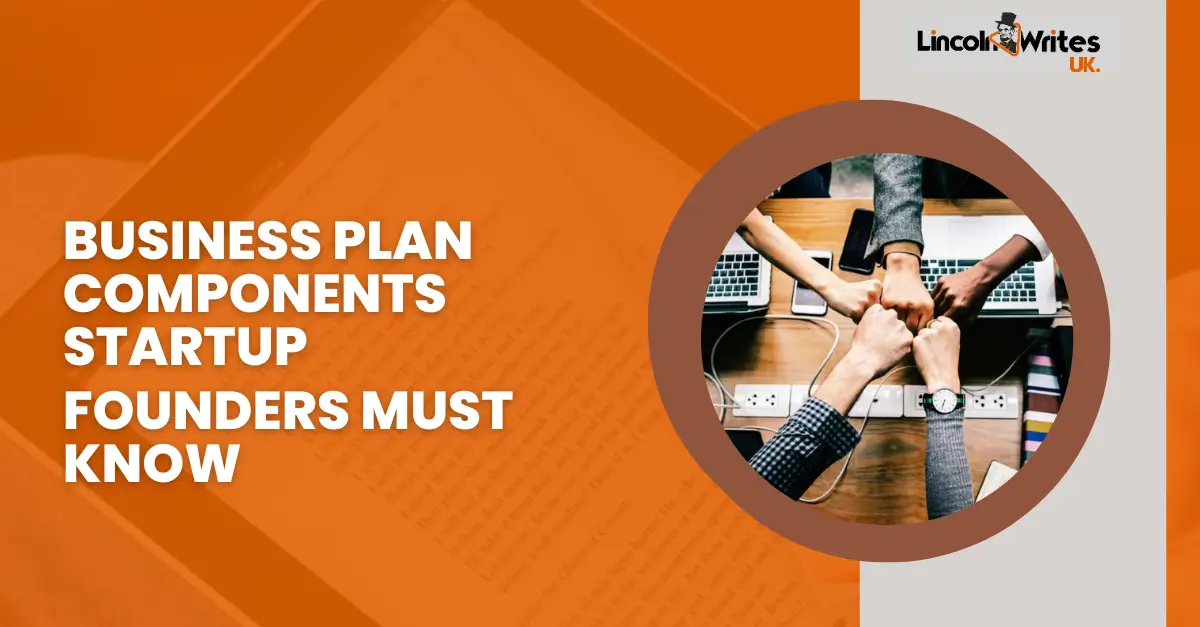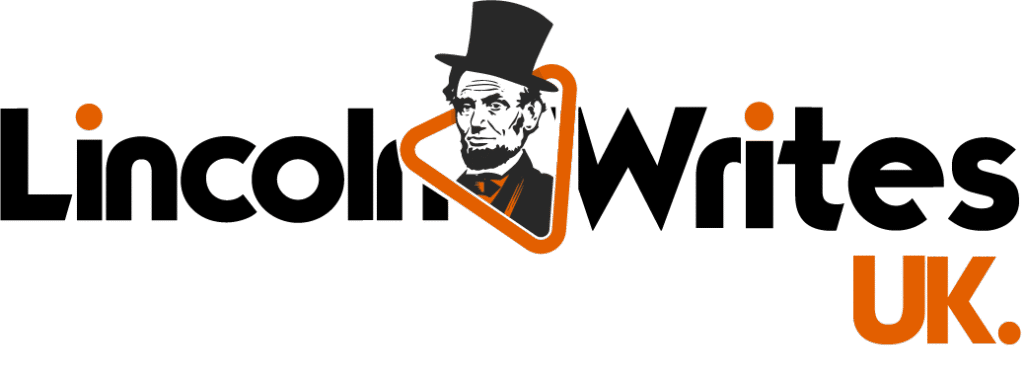So, you’ve got the big idea, the one that’s going to shake up your industry, land on magazine covers, and maybe even change lives. Brilliant. But before you wow investors with your pitch, there’s one thing you absolutely need in place: a solid, well-researched business plan.
Whether you’re launching a product, app, publishing platform, or writing consultancy, your plan must include specific business plan components startup investors expect to see. It’s not just paperwork, it’s your roadmap. And if you’re looking to secure funding, it could be the difference between a quick “yes” or a polite “no, thank you.”
Let’s walk through what makes a business plan effective, fundable, and worthy of attention, and how expert business plan writing services can take the guesswork (and stress) out of the process.
Executive Summary
The executive summary is your chance to make a strong opening statement. In one page (or less), you need to explain what your business is, who it serves, and why it matters. This is often the only section an investor reads before deciding whether to keep going, so make it count.
Startups should highlight their value proposition clearly. Think of it like persuasive website copy tips: tell the reader exactly what you offer and why it’s better than the rest.
Company Overview
This section offers a deeper dive into your mission, vision, legal structure, and ownership breakdown. Investors want to know what drives you and what kind of leadership is steering the ship.
If you’re a creative founder, say you choose ghostwriter UK support, or you’re building a team of editors and illustrators, make sure to explain your niche, the market opportunity, and what sets you apart.
Market Analysis
Here’s where you show you’ve done your homework. Outline your target audience, market trends, size of the opportunity, and your competitors. Use charts, stats, and insights to back up your claims.
If you’re launching a publishing venture, for instance, this is where you’d explore the demand for ebook formatting tools, self-publishing platforms, or genre-specific services like memoir editing.
This step requires data-driven article writing style research, and back your assumptions with facts, not feelings.
Product or Service Offering
Describe your core offering in detail. What problem does it solve? What’s the pricing model? Why is it needed?
If you’re a creative professional, this could include writing, design, ghostwriting, contract work, or digital courses. If you’re offering physical goods or software, explain the user experience and delivery method.
Bonus tip: Use your content strategy for brand to align your product descriptions with your mission and tone.
Marketing and Sales Strategy
This section should detail your go-to-market plan, including:
- Marketing channels (email, book marketing, social media, SEO, events)
- Customer acquisition strategies
- Retention plans
- Sales funnel overview
Be realistic and avoid vague goals like “go viral.” Include plans for evergreen blog topics, lead magnets, and engagement strategies that show you understand your audience.
Operational Plan
Here’s where you explain how everything runs. From staffing to logistics, software to workflow, investors want to know your business isn’t just an idea, but an actual machine ready to go.
For content businesses, this might include how you handle editing (and understanding line editing vs copyediting), how projects are assigned, or how you plan to collaborate with a children’s book illustrator for client work.
Management Team
If you’re a solo founder, that’s fine, just outline your relevant experience and qualifications. If you have a team, include bios and highlight relevant wins.
This is especially useful if your background includes authoring, publishing, or managing services related to author platform building or autobiography structure. Your expertise should match your vision.
Financial Projections
This is the part where most founders break into a cold sweat, but it doesn’t have to be terrifying. Investors want to see realistic, data-backed financials for the next 3–5 years.
Include:
- Income statements
- Cash flow projections
- Balance sheets
- Break-even analysis
Make it believable. If you’re a first-time founder projecting £10 million in year one with no marketing spend, expect side-eye. Keep it grounded.
If you’re building a business model tied to royalties, like publishing or content creation, reference book royalties, UK frameworks and explain how revenue will scale.
Funding Request
Spell it out. How much funding are you seeking? What will you use it for? How will it move the business forward?
Transparency is your best friend here. Whether you need funds for product development, marketing, or scaling up, break down the costs and show how the investment leads to growth.
Investors want a clear return on their money, and your plan should show how that’s going to happen.
Appendix
Use the appendix to include additional materials like legal documents, charts, market research, or anything else that supports your plan but would clutter up the main document.
Think of it like including a portfolio when pitching your writing, if you’re outlining services that help people choose a ghostwriter UK or offering tips on memoir vs biography, having case studies or work samples can give you an edge.
Why Work With a Professional Business Plan Writer?
Let’s be honest, crafting a detailed, investor-ready business plan is a lot of work. And if you’re focused on building your product or brand, you may not have time to learn every nuance of startup planning.
That’s where business plan writing services become a game-changer. At Lincoln Writes UK, our approach is built on:
- Confidential, custom-built plans
- Industry-specific research and analysis
- Compelling language that’s clear and investor-friendly
- Visual formatting that matches your branding
Just like editing a manuscript, a strong plan takes time, skill, and a little outside perspective. We bring that all while protecting your ideas and respecting your vision.
Final Note
Having all your business plan components startup investors expect isn’t just a box-ticking exercise. It’s your way of saying, “I’m serious, I’ve done the work, and I know where I’m going.”
And if you’re ready to take that next step, whether it’s attracting investors, pitching partners, or aligning your team, a well-crafted plan is your launchpad.
Need help writing it? From analysis to formatting, strategy to storytelling, Lincoln Writes UK is here to help you build something brilliant.


